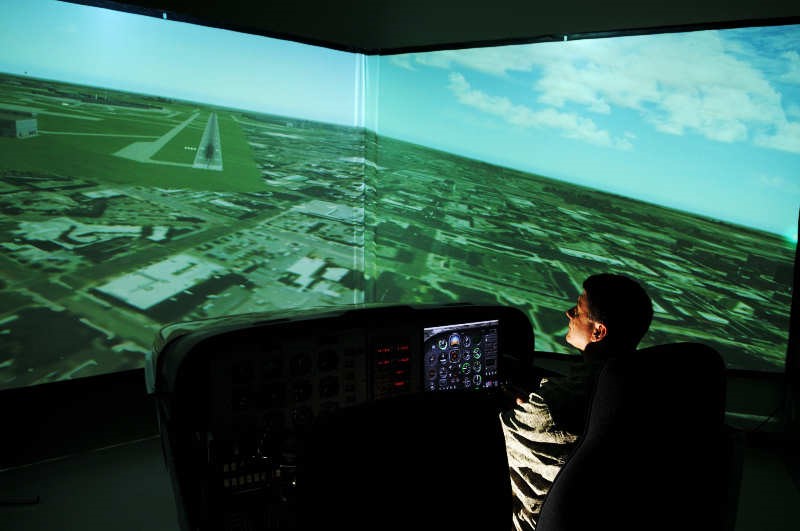 Alex Kirlik
Alex Kirlik
Department of Computer Science
Beckman Institute for Advanced Science and Technology
University of Illinois at Urbana-Champaign
kirlik@illinois.edu
As is the case in a variety of safety-critical sociotechnical systems and contexts, medical education and practice are increasingly involved in developing and adopting explicit, evidence-based techniques. Those new techniques often represent improvements over previous methods grounded in tacit rather than explicit knowledge, and acquired through traditional apprenticeship practices rather than hands-on, feedback-directed learning. Advances in medical simulation, instrumentation, and information technologies play central roles in those advances. I will provide a brief overview of our human factors research on modeling and enhancing human judgment in safety-critical systems and highlight implications for research on clinical judgment in medicine.
References:
- Kirlik, A. (2010). Brunswikian theory and method as a foundation for simulation-based research on clinical judgment. (Invited). Simulation in Healthcare, 5(5). 255−259.
- Weiss, D.J., Brennan, K., Thomas, R., Kirlik, A., and Miller, S.M. (2009). Criteria for performance evaluation. Judgment and Decision Making, 4(2), 164−174.
- Kirlik, A. (2013). Judgment analysis. In J.D. Lee & A. Kirlik, The Oxford Handbook of Cognitive Engineering. NY: Oxford University Press.
- Lee, J. D. & Kirlik, A. (2013). The Oxford Handbook of Cognitive Engineering. NY: Oxford University Press.
- Kirlik, A. (2006). Adaptive Perspectives on Human-Technology Interaction: Methods and Models for Cognitive Engineering and Human-Computer Interaction. New York: Oxford University Press.
Alex Kirlik is a Professor of Computer Science at the University of Illinois at Urbana-Champaign, with additional appointments in the Dept. of Industrial & Enterprise Systems Engineering, the Beckman Institute, and the Information Trust Institute. He previously served as acting head of Illinois’s Human Factors program in the Institute of Aviation (2006−2010). He earned his B.S., M.S., and Ph.D. degrees in Industrial & Systems Engineering (Human-Machine Systems) at The Ohio State University. His primary research interests include facilitating human performance in technological contexts through cognitive modeling, interface design, and human-in-the-loop experimentation. His current research on the design of safe and effective cyber-physical-human systems is supported by NASA and NSF

